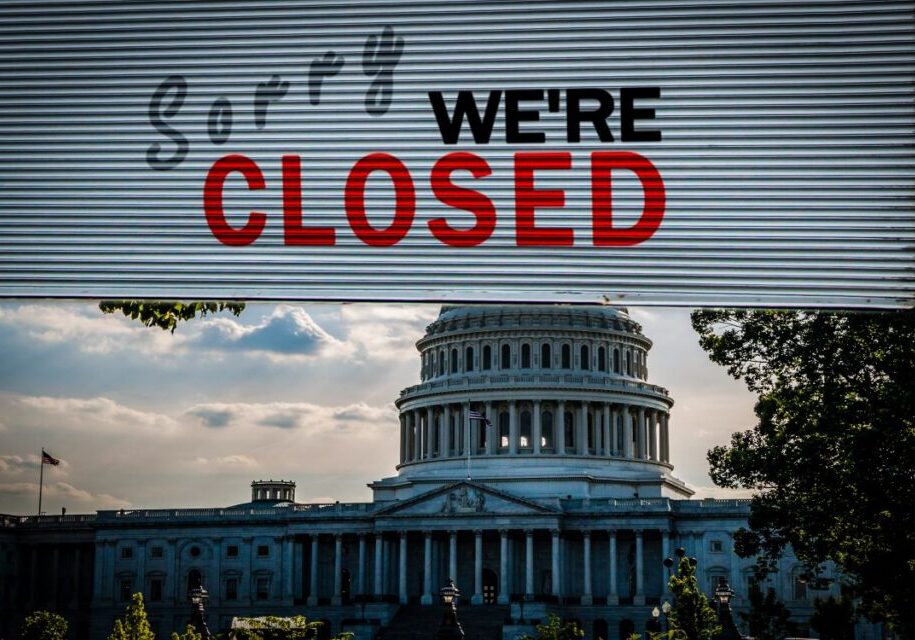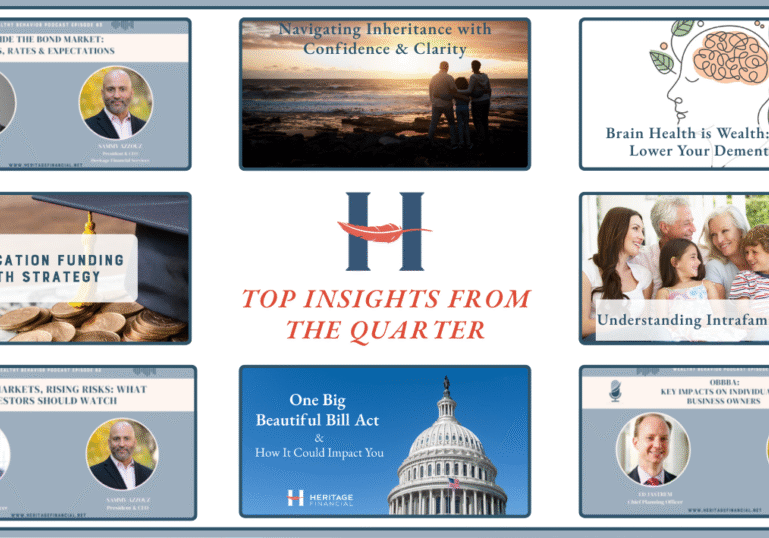The One Big Beautiful Bill Act (OBBBA) introduced sweeping tax reforms—but many important provisions that affect high-income and high-net-worth individuals remained unchanged. Below are 10 frequently asked questions that clarify what stayed the same under the final law, signed July 4, 2025.
1. Can I make Qualified Charitable Distributions (QCDs) from my IRA to a donor-advised fund (DAF)?
No. QCDs still cannot be made to donor-advised funds, private foundations, or supporting organizations. Although early drafts of the legislation considered loosening this rule, the final version of the OBBBA did not change it.
2. Did OBBBA eliminate the step-up in cost basis at death?
No. The step-up in cost basis at death remains intact. Despite previous political debate around repealing it, the law preserved this valuable estate planning strategy, which is especially important for families holding low-basis assets.
3. Were there any changes to the taxation of grantor trusts?
No. Taxation rules for grantor trusts were left untouched. Proposals to eliminate common estate planning strategies using grantor trusts, such as ILITs (Irrevocable Life Insurance Trusts) or SLATs (Spousal Lifetime Access Trusts), did not make it into the final legislation.
4. Was the annual gift tax exclusion changed?
No. The annual gift tax exclusion remains in place—currently $19,000 per recipient in 2025 (indexed annually). There were also no changes to 529 plan superfunding or gift splitting between spouses.
5. Are backdoor Roth and mega backdoor Roth conversions still allowed?
Yes. Despite ongoing scrutiny, both strategies survived. High-income earners can still make non-deductible IRA contributions and later convert them to Roth IRAs. Under certain circumstances, these conversions may be income-tax-free.
6. Did the OBBBA impose a wealth tax or a tax on unrealized capital gains?
No. There is no wealth tax, no tax on unrealized gains, and no new net worth reporting requirements in the law. These proposals were discussed but ultimately excluded.
7. Was the Net Investment Income Tax (NIIT) expanded to include business income?
No. The 3.8% NIIT continues to apply only to passive income. Proposals to expand the tax to active business income from pass-through entities (like S corps) for individuals earning over $400,000 were removed from the final bill.
8. Is there now a cap or required distribution for large Roth IRA balances?
No. Roth IRAs remain uncapped. There is no forced distribution for balances exceeding $10 million, as was once proposed. Large Roth accounts continue to grow tax-free and are exempt from RMDs (Required Minimum Distributions) during the original owner’s lifetime.
9. Did the threshold for deducting medical expenses change?
No. If you itemize deductions, you can still deduct unreimbursed medical expenses that exceed 7.5% of your Adjusted Gross Income (AGI). The OBBBA made no changes to this threshold or deduction eligibility.
10. Is the Pass-Through Entity Tax (PTET) workaround for the SALT cap still available?
Yes. In states that allow it, business owners can continue to elect the PTET. This enables payment of state taxes at the entity level—allowing the deduction on the federal return—while receiving a credit or exclusion at the state level to prevent double taxation.
Do you have questions about how the One Big Beautiful Bill Act may impact you—or are you looking for tax planning strategies to help keep more of what you earn?
Reach out to your Heritage Financial Wealth Manager to discuss how these changes may affect your personal financial plan.
Not yet a client? Contact us to learn more about our comprehensive financial planning process, designed to help you save, grow, and preserve your wealth with purpose.
Visit our OBBBA resources page dedicated to providing insights that will help you understand OBBBA’s provisions and how they may impact your finances.



